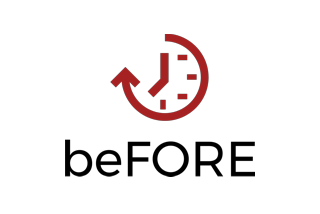From the automotive to the aerospace industry, major traditional economic sectors internationally are looking back to several highly successful decades driven by a large expansion of the world markets in general. This extended period, from the post- World War II up to the early 2000´s with the development of the Asian continent, offered the favorable environment to many companies, becoming first national leader sometime turning then to multinational giants.
The 4th industrial era was the playground for those majors organisations that developed management principles, driven by economies of scale, a switch from linear to exponential growth. Those large organizations built a strong canvas not only in national economies but also in the social life of many citizen. Whole families did develop a tradition either in advanced working techniques characterized by long apprenticeships or as manager the children often going the same way as their fathers starting with elite universities.
Knowledge being transferred both within the companies during lifelong careers as well as within family traditions. This growth was nurtured by strong economic guidance and flourishing capital markets and a massive stock exchange development. A few generations later, it appears that this – somewhat natural economic principles are suddenly troubled. Things that used to work the same way since ages are suddenly changing. Predictable futures becoming rapidly unpredictable. All knowledge being insufficient to answer growing unanswered questions.
This impacts profoundly economical, business and social projections. Demanding the active start of thinking about new futures scenarios. Making leaders dealing with uncertainties in a world of acquired economical certainties. Further element of uncertainties such as climate
change additionally increasing the lack of visibility ahead. Tradition economic rules do no longer apply to drive the coming developments. Neither pressure on current prices, costs or lead time – as example for some typical key business indicators won´t help to face that shift. In a time of disruptive evolution relying on old mindsets won´t lead any longer into successful futures.
This lack of visibility shows the need for new navigation instruments. Tools such as “fit for foresight” – when rolled out in corporates and multinationals will show how businesses and large organization can prepare to introduce new management instruments to navigate into
the futures. Further details and guidance can be provided by the BeFORE partners.

